Purchasing Cost Calculator
What are the costs involved?
Use this Purchasing Costs Calculator to find the answers you need to help your buying decision and assess your borrowing power properly!
Buying a home often comes with various purchasing costs many people aren’t aware of, aside from the deposit itself. Prior to making an offer, it’s important to understand the costs that might be incurred, and to see whether you’re eligible for any stamp duty of other concessions. Various state governments can often offer incentives in building a new home or buying a newly built home, but even with any concessions or exemptions, you need to conduct a cost calculation before exchanging on your new property. The cost of buying a house calculator as above can help factor in these various costs.

The upfront cost of buying a home can rack up anywhere from 5 – 11% of the purchase price, depending on the state you are in and the eligibility for any grants or concessions. To put it in other words, you may be looking at double what the deposit can be for the property itself!
If eligible, the First Home Owner Grant, stamp duty concessions, exceptions, or various other government grants and programs may assist in reducing these upfront costs. Despite that, other upfront costs can have an impact on your overall purchase cost, so keep them in mind.
If the property you’re buying requires work, it’s important to understand the cost of any renovations on the existing property that would increase can your cost after purchase, so you must be prepared to have funds available for these if necessary. Ultimately, when you buy a property, what purchase costs should you be aware of and to budget for. Keep reading to see the full scoop on a number of fees and charges that may apply!
What Costs Come With Purchasing A Property?
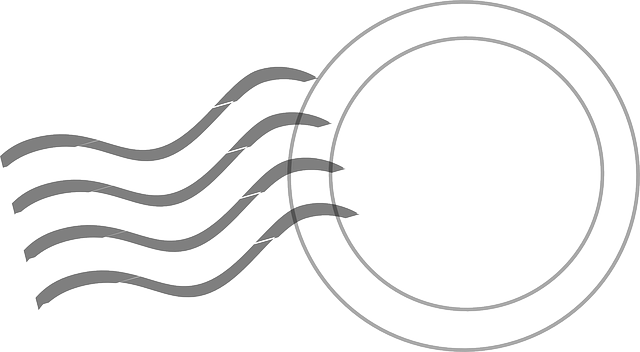
Buying a property means you should know you’re going to spend between 5 – 11% of the contract price on charges, duties, and fees, although good initial estimate is 5%. If you’re purchasing the property for $500,000, you can expect as much as $25,000 worth of costs you’ll have to pay as you complete the transaction.
So what fees are associated with buying a property? The following are the primary government fees you should expect to pay as you purchase a home:
Registration Fees
Your registration fees cover registering your lender’s mortgage on the property’s title. This is a fee put in place to ensure that anyone conducting a search on the property can see if there are any claims to the property or title. The most common of these is an existing home loan. Registration fees are different in every state and territory.
Loan Application Fees
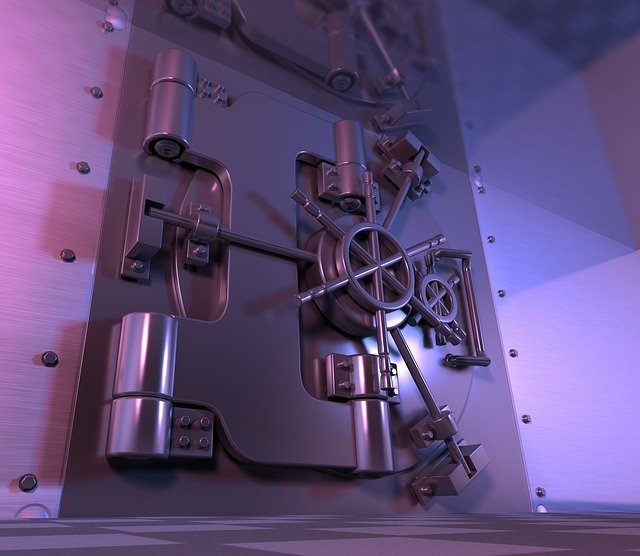
When you apply for a mortgage, some lenders and banks will charge an application fee for their home loans, and you should note this as one of the costs of buying. The application for a home loan can be free, but it can cost up to $1,000 in some cases; it all depends on the lender. A good mortgage broker should be able to assist!
Transfer Fees and Charges
When you register your name on the property title and take off the vendor’s name, the government charges a transfer fee you’ll need to pay. Again, every state and territory has a different fee.
Stamp Duty
Stamp Duty is a tax that various states and territories levy on property purchases, and it is based on the property value – so it can cost quite a bit. This is also generally the highest cost of any of the purchasing costs required for a purchase. First home buyers may be exempt from paying the stamp duty or at least receive a concession based on the overall purchase price.
To find out if you have to pay the stamp duty tax, use the link above to check the stamp duty calculator and to determine if any stamp duty exemptions may apply.
Lenders Mortgage Insurance
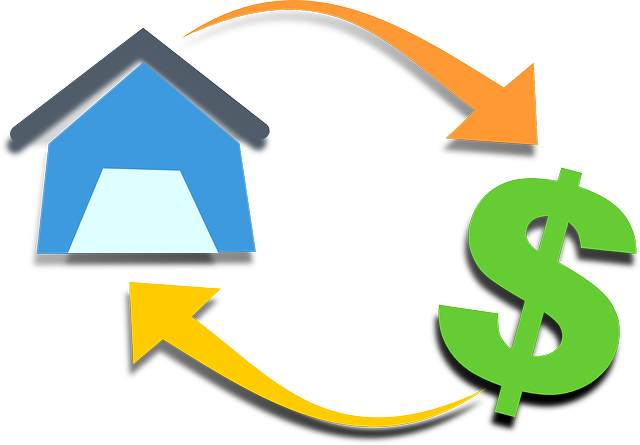
If you require a loan-to-value ratio of over 80% of the purchase price, you may need to pay LMI – lenders mortgage insurance to your upfront costs. Consider this one of the costs of buying a house, and it serves as insurance for the lender should you have any issues in paying your loan, and if the lender needs to sell the property to recover the home loans outstanding.
On top of the mortgage repayments for the purchase, a home loan with lenders mortgage insurance may also incur higher interest rates. Check with your mortgage broker whether this applies to you.
Building and Pest Inspection
Pest inspection and building inspection are something that isn’t mandatory but is absolutely a recommendation when purchasing a new home. Knowing that the property is free of termites, the building is structurally sound, and that you won’t need to pay for any large renovation or maintenance fees after you purchase is worth the cost of having a building and pest inspection carried out!
In some states, a cooling-off period or subject to finance and building/pest inspection period can apply, so you should utilise this time to get one done, as the small cost up to circa $500 can save you thousands in ongoing costs down the track. , and you should find an indeed good inspector to inspect the home and everything around it. A good building inspection covers everything, from what repairs are needed now and in the next couple of years, to estimating how much the renovations and remedial work will cost. Investment property purchases also get the value from these inspections, as you don’t want your tenant moving out on day one.
Legal Fees and Conveyancing Fees
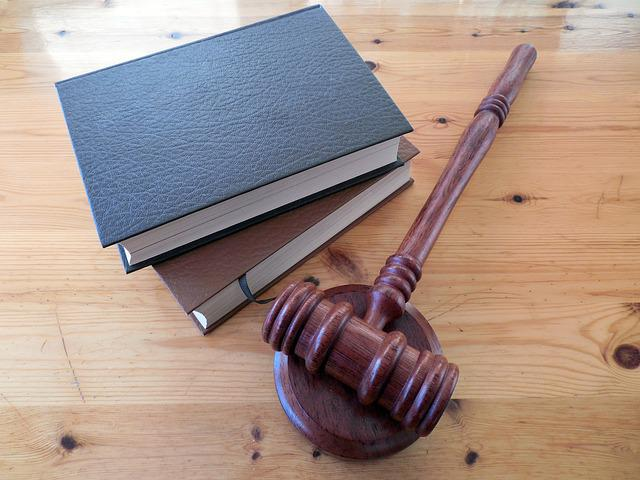
Buying a property involves a contract of sale, and with contracts come legal fees as you’ll want to have a conveyancer or solicitor review the contract, understand any clauses and assist with the entire settlement. In Australia, the cost of a conveyancer is generally between $1,200 to $2,000 and is a small price to pay to ensure the property settles correctly.
Conveyancing includes reviewing the contract, understanding any special conditions that may apply, exchanging the contracts, and completing or settling on the property. Each state or territory may have specific clauses that would require local knowledge, so ensure your conveyancer is across the details.
Conveyancing is somewhat of a standard, and it is almost the same for every house and property out there, so it can usually go through with a fixed fee. However, remember that every additional document can cost extra,despite paying the fixed conveyancing fees.
Conveyancing fees are largely reasonable for the cost, but they vary heavily on the transaction – if it’s complicated, it may be more expensive. Along with the legal fees, conveyancing can cost up to $1,800. Some people try to do the conveyancing themselves, but we would suggest a professional for such a massive financial transaction.
Mortgage Duty
Mortgage duty is noted here only because many people believe it as a cost, but the good news is that it was abolished in various states over various years gone by.
Independent valuation
To apply for a home loan, the lender will usually want a valuation done on the property to ensure that what you’re purchasing for is of the same value that the general market would value it at. The provider of your home loan may include the cost of this valuation in their package fee, or they may charge a separate fee to have this undertaken.
Buyers Agent Fees
If you hire a buyers agent to do your bidding, you will have to consider the costs of their work in the upfront costs, not just the other fees and government fees we’ve mentioned above. Not everyone decides to get a buyers agent, but it can be a particular advantage compared to people looking on their own, given the expertise that they have. Real estate agent fees are paid for by the vendor from the end sale price, so it isn’t one of the costs of buying you need to worry about.
A good buyers agent will work tirelessly to find a home that is right for you according to your budget and needs. For example, they have multiple platforms and relationships with local real estate agents to find not just the properties on Domain , but also the off market opportunities.
Council and Water Rates
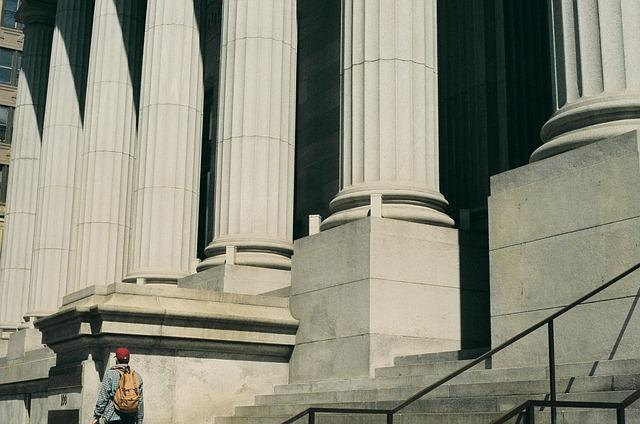
Council and water rates are two fees home buyers may have to pay for their home, depending on how far ahead of the payments the vendor is.
The council rate is difficult to estimate, as each local council can set its price on the rate.
Power and gas are usually cut off and then connected again in the sale process from vendor to purchaser, but water isn’t. As such, the vendor will usually cover the water costs until settlement and could be seen as one of their selling costs.
Bottom Line

As you input your details into our Purchasing Costs Calculator, you’ll find how much you can expect to pay in government fees, conveyancing fees, and all other ongoing costs that may come up. The calculator will contain an initial estimate of many of the costs associated with home buying and a different comparison to see other amounts in your state or territory.
As a first home buyer, you can be lost in the other costs and value of the property, along with what additional charges apply as upfront costs for your home. We understand that applying for a home loan can be stressful for a first-time home buyer, so we offer our help as home loan experts to find the right property and the right home loan at the right interest rate.
Please reach out to our home loan experts for any questions you may have about buying a house.
